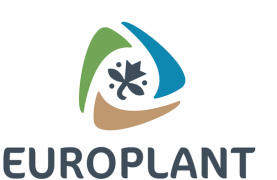Abstract
Potato (Solanum tuberosum L.) being a vegetatively propagated crop is infected by a large number of viral diseases, most of which are transferred over generations through planting material (tubers), duly responsible for degeneration of seed stocks over the years. In the recent past, the most important geminivirus infecting potato has been Tomato Leaf Curl New Delhi Virus-Potato (ToLCNDV-Potato) or Potato Apical Leaf Curl Virus (PALCV), transmitted through whitefly, Bemisia tabaci (Gennadius). To obtain disease-free seed potatoes, management of the insect vectors remains the major method of control of virus infection and is intensely reliant on the spraying of chemical insecticides. Hence, an attempt was made to identify a suitable integrated pest management (IPM) strategy for effective management of B. tabaci (vector of Potato Apical Leaf Curl Virus) in seed potato crops. Among different treatments evaluated, seed treatment with imidacloprid 600 FS (5 g/10 L) (10 min dip) + first spray of thiamethoxam 25% WG (3 g/10 L) + second spray 2 weeks later of horticultural mineral oil at 50 mL/10 L, recorded maximum per cent reduction in population of B. tabaci (74.5%) over untreated check, with maximum per cent reduction in viral infection (93.0%) over untreated check, and also recorded the maximum seed potato yield (33.95 t/ha) and maximum cost:benefit ratio (1:2.3).















